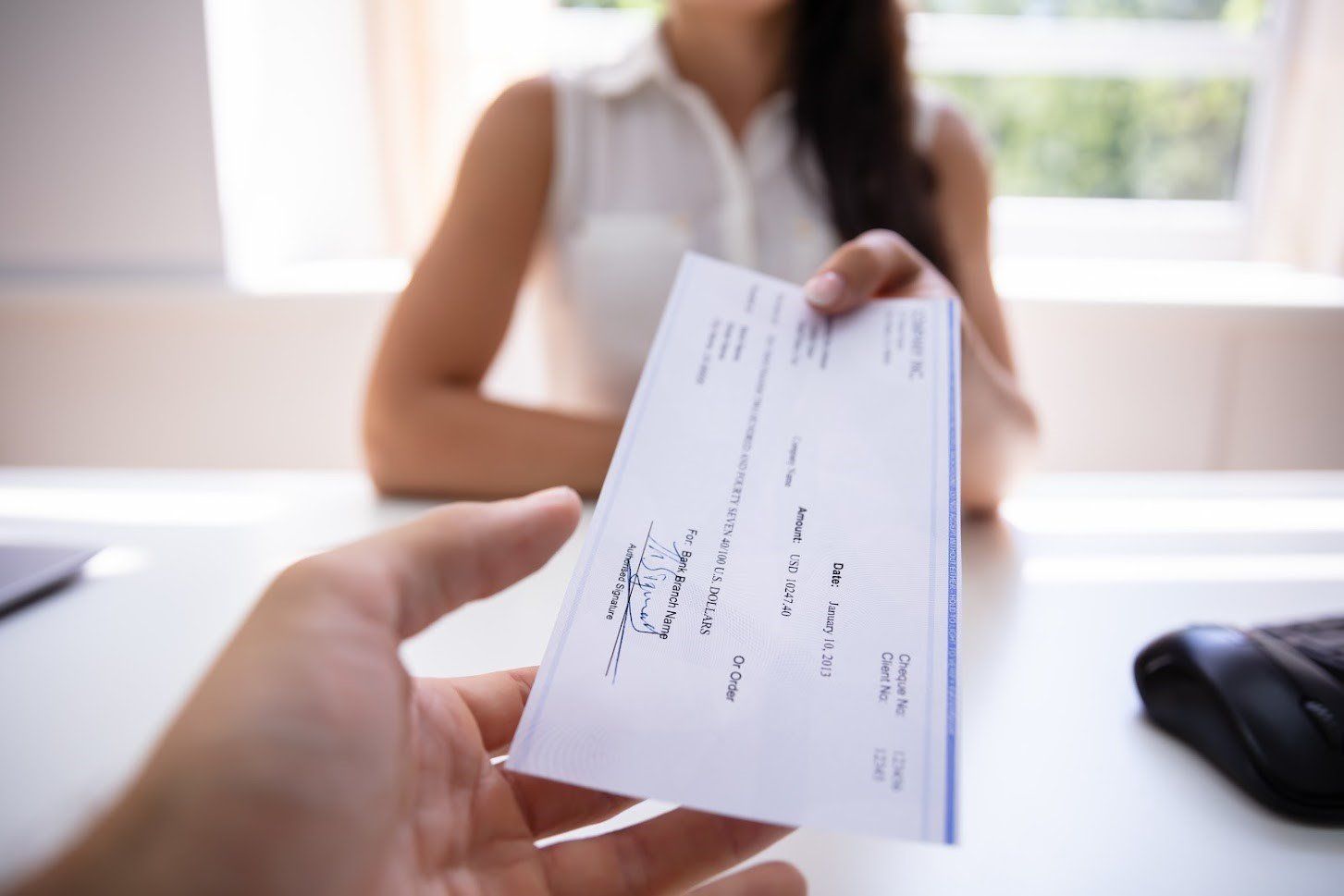
Whether you call it a bounced check, rubber check, or some other common nickname, a worthless check can cause all kinds of problems for you if you intentionally pass one. This act counts as a form of fraud, exposing you to criminal charges that could add up to prison time or financial penalties.
If a Wisconsin court has charged you with a worthless check crime, you need to understand what this charge might mean for your future, how the law defines the severity of the charge, and what legal defenses your attorney might bring to bear against it. Take a look at the following four key points for worthless check defendants.
1. How Wisconsin Law Defines a Worthless Check
The Wisconsin State Code defines a worthless check as one that the issuer wrote with no intention of actually paying the money involved. According to Statute 943.24, this offense may take a variety of forms, including writing a check on an account that the alleged offender doesn't actually hold with the financial institution involved.
You may also face worthless check charges if you issue a check on a legitimate account that had insufficient funds to cover the amount of the check. If the check bounces, you will receive an official notice of nonpayment. If you then fail to correct this problem within five days, the recipient may file charges against you.
2. Criminal Penalties for Worthless Check Convictions
The criminal penalties you may face for a worthless charge will depend on the amount of the worthless check or checks. A single worthless check for up to $2,500 counts as Class A Misdemeanor under Wisconsin law. According to Wisconsin State Code 939.51, the penalty for a Class A misdemeanor includes up to nine months in prison or a fine of up to $10,000.
Worthless check charges involving more than $2,500 count as a Class I felony under Wisconsin law, with potential penalties of up to three years and six months in prison or a fine of up to $10,000. The worthless check amount may represent that of one check or that of multiple checks issued over a 90-day period.
3. Civil Charges and Awards for Worthless Check Convictions
As alarming as the criminal penalties for a worthless check conviction may sound, they don't necessarily represent the end of your woes. The court may also permit the recipient of the worthless check to take civil action against you, adding more financial penalties to whatever fees you must already pay for the misdemeanor or felony offense.
The civil awards granted in a worthless check case can quite literally add up. In addition to having to pay the recipient the face value of the check, you may also have to pay for other damages, court costs, attorney fees, and separate exemplary damages of up to three times the value of both of these sums (without exceeding $500).
4. Possible Legal Defenses Against a Worthless Check Charge
A skilled attorney with experience in financial fraud cases can examine your case and determine whether you have a valid defense against the worthless check charge. In many cases, this defense hinges on whether the issuer of the worthless check did so deliberately and with intent to defraud.
The recipient's legal counsel must prove beyond a reasonable doubt that you meant to pass a worthless check. If you can show that intoxication or another form of incompetence clouded your judgment, or that you had no idea that the account contained insufficient funds, you may introduce this reasonable doubt.
If the recipient knew beforehand that the account contained insufficient funds but accepted the check anyway, your attorney may use this point to defend you against the worthless check charge. The court might also dismiss the charge if you can show that you post-dated the check or successfully stopped payment on it.
Another potential defense involves the possibility that someone other than you committed this form of fraud without your knowledge, encouragement, or consent. If another party issued the worthless check in your name, you should have no legal liability in the matter, compelling the court to drop the charge against you.
Even if you knew that the account had insufficient funds when you issued the check, you may have made an effort to make good on the shortfall by notifying the financial institution with a promise to fund the account. If you can show that the financial institution acknowledged and honored this request, you may not face conviction.
Errors on the part of the worthless check recipient may also protect you against a civil suit. Examples might include the recipient failing to inform you in writing of an intent to file charges at least 20 days before doing so, trying to bill you for civil penalties before filing the suit, or accepting reimbursement for the check.
Cohen Law Offices can help you make the best possible case when you must defend yourself against a worthless check charge. Contact our legal firm today to request a free initial consultation and learn more about this area of Wisconsin law.

